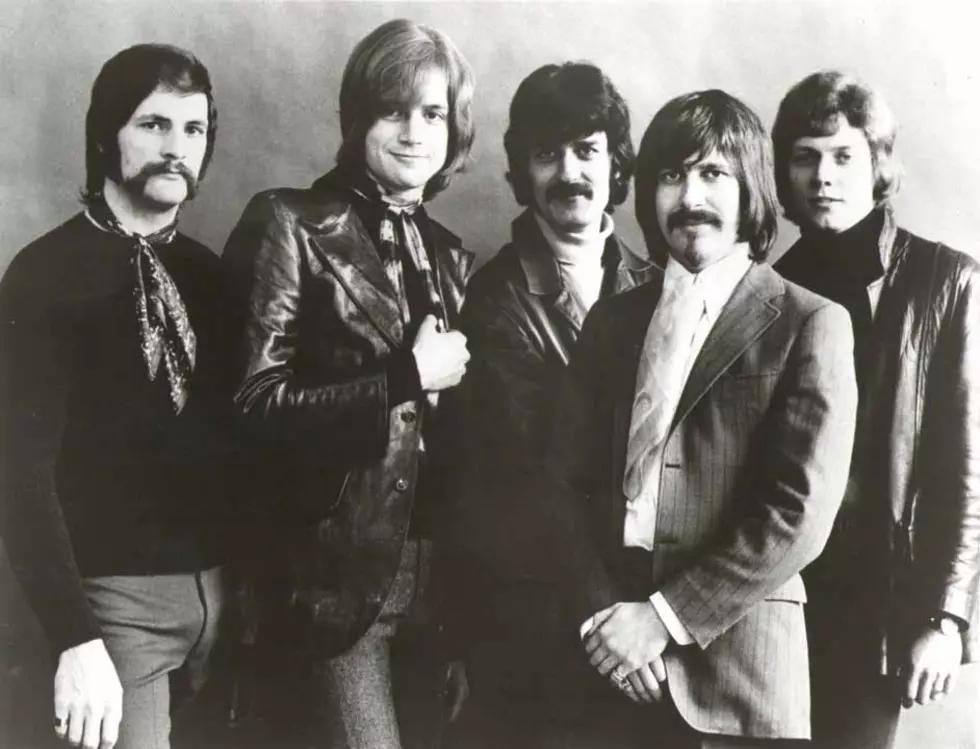
How an Angry Moody Blues Fan Saved the Band
The Moody Blues’ journey from waning pop group to groundbreaking prog-rock artists began one night in early 1967, when an angry fan told them that they’d ruined his night.
With the success of the 1964 single “Go Now!” behind the band, the incident led to the new lineup of Justin Hayward, John Lodge, Mike Pinder, Ray Thomas and Graeme Edge reexamining their priorities and resulting in the success of their second album, Days of Future Passed.
“The first shows we did together were in Belgium,” Hayward told Prog in a recently published archive interview. “It was about the only place where there was still a demand for the band. When we got back to England, it looked like we had no future. We were getting dwindling crowds and decreasing money.”
He recalled how "it all came to a head when we did a show in Stockton during March 1967. We were so bad, a fan accosted us afterwards and told us we were the worst band he’d ever seen, and we’d ruined the night for him and his wife who’d paid £12 for a night out and had seen the dreadful Moody Blues!
“On the way back in the van, Graeme – who was asleep lying over the equipment at the back – suddenly woke up and said quietly, ‘That guy was right. We are rubbish!’ It was the moment we ditched the R&B covers, got rid of our Moody Blues suits and decided to stand or fall by our own songs. What did we have to lose?”
Edge added that they adapted Hayward's folk influences and "began to evolve a style that was much more in that vein.” This change was supported by keyboardist Pinder, who managed to secure a mellotron – a precursor to the modern synth. “I found out that the Dunlop Factory in [Birmingham] had a mellotron they’d bought for dances, but nobody there knew how to play it," he noted. "So, I went down there, offered them £20 for it, and that’s when it became part of the Moodies’ new style.”
The band’s success found them touring the world in a customized private plane and enjoying all the trappings of fame and fortune – though Hayward remembered that they once encountered another angry fan, echoing the big moment in 1967.
“One guy in Texas spent weeks standing virtually naked on a street corner telling everyone we were the true messiahs, and that we would ultimately save the world with our music," he said. "Then he met us, changed his mind and told everyone we were false messiahs. You can’t make it up!”


